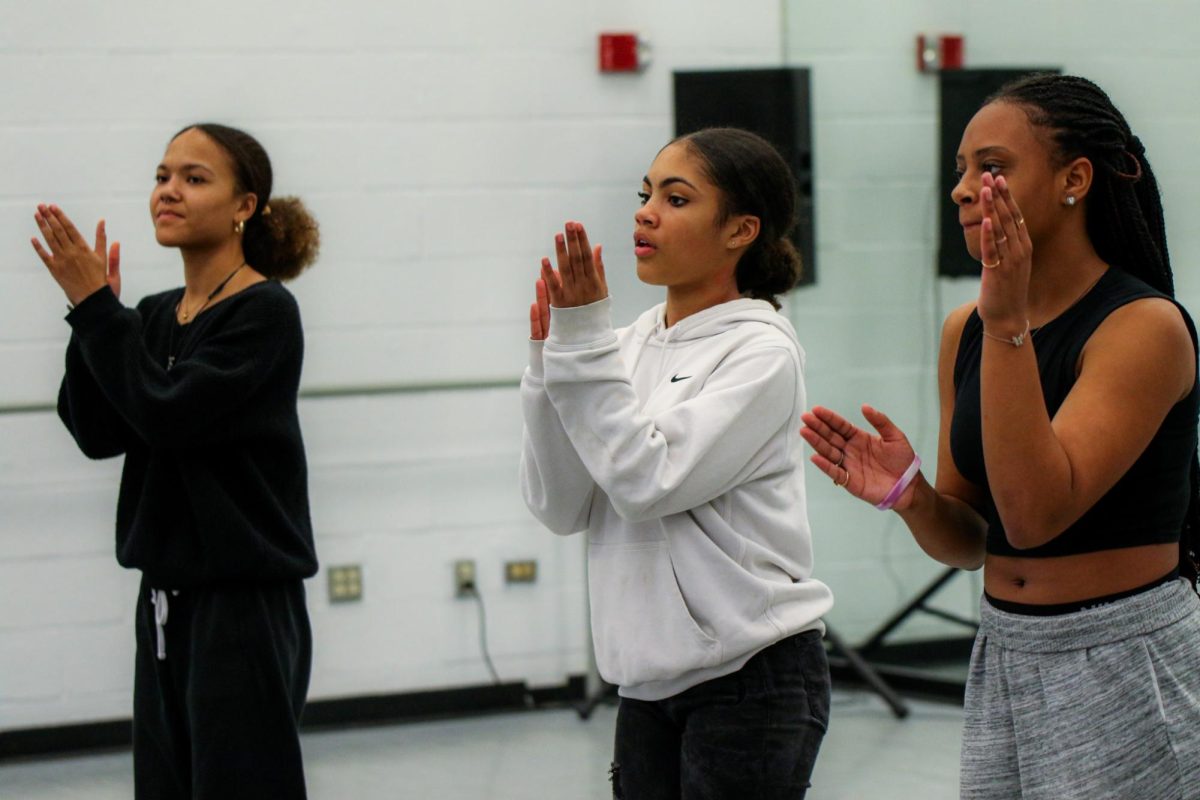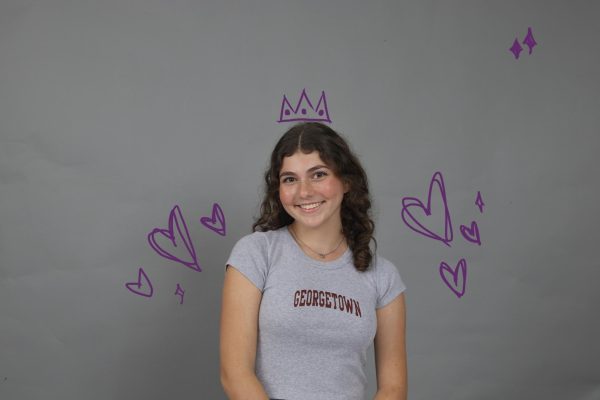If there’s one thing that I feel qualified to speak on, it’s Taylor Swift. Last year, I listened to roughly 9,000 minutes of Swift, according to my Apple Music Replay (yes, I am an Apple Music user). However, I think in the past week alone, I broke last year’s record.
Why? Because The Tortured Poets Department (TTPD), her highly anticipated 11th studio album, was released Friday, April 19. I listened to all 31 glorious songs of it and a surprise 2 AM double album drop, which included an additional 15 songs not on the pre-released tracklist. The reviews are polarizing, with many either obsessing over the album or left feeling disappointed. But personally, because of her beautiful portrayal of emotion and the vulnerability of her lyrics, I think TTPD is a triumph.
Down Bad for TTPD
One thing that Swift rarely disappoints in (note the use of rarely, because we’ve all heard ME!) is lyricism. This album is two hours and two minutes of Swift’s self-described quill pen songwriting, where the lyrics are “all old fashioned, like you’re a 19th century poet crafting your next sonnet by candlelight.” Personally, I love the songs she writes this way, which is why this album was such a success for me.
But I wasn’t an immediate fan. On my first listen, I had mixed emotions. I wanted to love the album because of my love for Taylor Swift, but I didn’t feel any strong attachment to the music. Then, two days later, it hit me. I listened to the whole thing approximately four times over and fell in love with it. I couldn’t stop listening. TTPD really is like poetry: you might not “get it” on first look, but on deeper investigation, you find it’s a work of art. I think that’s where critics got it wrong — and this album has been heavily critiqued — but I’ll get there.
For now, let’s get into my favorites from the album.
- But Daddy I Love Him
“I’m telling him to floor it through the fences / No, I’m not coming to my senses / I know he’s crazy, but he’s the one I want.”
Other than the lack of a comma in the title, this song has everything I love. This song tells the story about Swift’s own experience learning to tune out the public opinion on her love life. It’s a song about following her heart, falling into an all-consuming love, and running free. A much-needed breath of fresh air following the heart-wrenching fifth track, “So Long, London.” Currently, it’s my number one on the album. “But Daddy I Love Him” is also a type of song the album lacks a lot of, which is sing-along songs.
- Clara Bow
“You look like Taylor Swift / In this light, we’re loving it / You’ve got edge she never did / The future’s bright… dazzling.”
Reminiscent of the song “Nothing New” featuring Phoebe Bridgers on Red (Taylor’s Version), “Clara Bow” discusses Swift’s fear of being replaced by a younger star. She opens up on this track about the experience of being a young singer, always compared to older, successful female artists, and then becoming that older artist herself. She says she would “die if it happened” to her, referencing this experience. Nowadays, young singers are told they are like a “better” Taylor Swift, fulfilling her fear. When she broke the metaphorical “fourth wall” in this song and name-dropped herself, my jaw dropped. I like the way this song isn’t just about her, though. It’s really a message about the way that we use women in the entertainment industry and discard them when they are no longer shiny and new. It’s an example of why I think people who say Swift only writes about her exes don’t give her enough credit.
- Who’s Afraid of Little Old Me?
“I was tame, I was gentle ’til the circus life made me mean / Don’t you worry, folks, we took out all her teeth / Who’s afraid of little old me? Well, you should be.”
The theme of bitterness towards what society does to artists comes around again in “Who’s Afraid of Little Old Me?,” where Swift compares her youth in the music industry to an “asylum” and a “circus.” It’s an angry song towards people who took advantage of her, like Scooter Braun or Scott Borchetta. When she asks, “Who’s Afraid of Little Old Me?” and responds with, “you should be,” it gives the song a bitter edge that I like. At the highest point in popularity of her life, Swift is not afraid anymore to say what she thinks. TTPD, because of songs like this, is the most vulnerable and honest she has ever been, and it showcases Swift’s ability to convey raw emotion through lyrics.
Every Poet Has An Editor (Or Two)
The production on the album was mostly split between songs with longtime collaborators Jack Antonoff and Aaron Dessner. Antonoff, while he does have countless hits with Swift, often relies on the pop-synth style we see a lot of on “Midnights.” This synth background often makes her songs catchier but, in my opinion, less good. Antonoff’s style in production is highly repetitive and can make the songs on the album sound similar, despite having different lyrics and meanings. The songs with Dessner, like “So Long, London” and “The Smallest Man Who Ever Lived,” are some of my favorites on the album. Dessner uses a gentler hand in the production than Antonoff would and is able to draw attention to Swift’s vocals and lyrics with piano and acoustic ballads like “So Long, London.” However, Antonoff and Swift writing lyrics together is unmatched, and they do not disappoint on TTPD. I think if Antonoff stuck to writing with Swift and let her voice carry the music, the album would be much improved. Dessner, as many Swifties have made clear, has been celebrated for his heavy contributions to the second half of the double album: “The Anthology.”
The Tortured Swifties Department
Many fans of Swift, and even more critics, have expressed dislike for TTPD in the days following its release. The New York Times said Swift needed an editor and was “unnecessarily verbose” in the album. Some fans said they were expecting more alternative music, like the tear-jerkers on “Folklore” and “Evermore.” NME described the album as a “rare misstep.”
What I find to be a mistake on TTPD is not the lyrics nor the genre, like others might complain. I think it is missing the Taylor Swift “earworm factor.” Few of the songs have the easy, catchy choruses of her past, and although it didn’t have an effect on the immediate flood of listeners, it has an effect on fans’ rankings and the chances of the album getting a lot of listener retention.
Not everyone will go back and give the album four more deep listens like I did in order to find out that they love it. Many will simply shrug, say “not her best work,” and return to their favorites. I do think they will miss out on the nuance in Swift’s newest work, but I can’t blame them. We don’t all have to love every song she sings. Part of what makes Swift special is that there is an album for people who love almost every type of music, whether that be country, pop, or alternative.
Swift always finds a way to capture emotion in a song. Whether it’s the love between a mother and daughter, two best friends, a star and her fans, or the complicated adult love described in “The Black Dog,” you can laugh or cry when listening to TTPD.
I might listen to more Taylor Swift than the average person, but if anything, I think that makes me the right person to say to give The Tortured Poets Department another try. You might find that when you really try to understand the messages behind her songs and listen one more time, you’ll like it a lot more than you expected to.

























































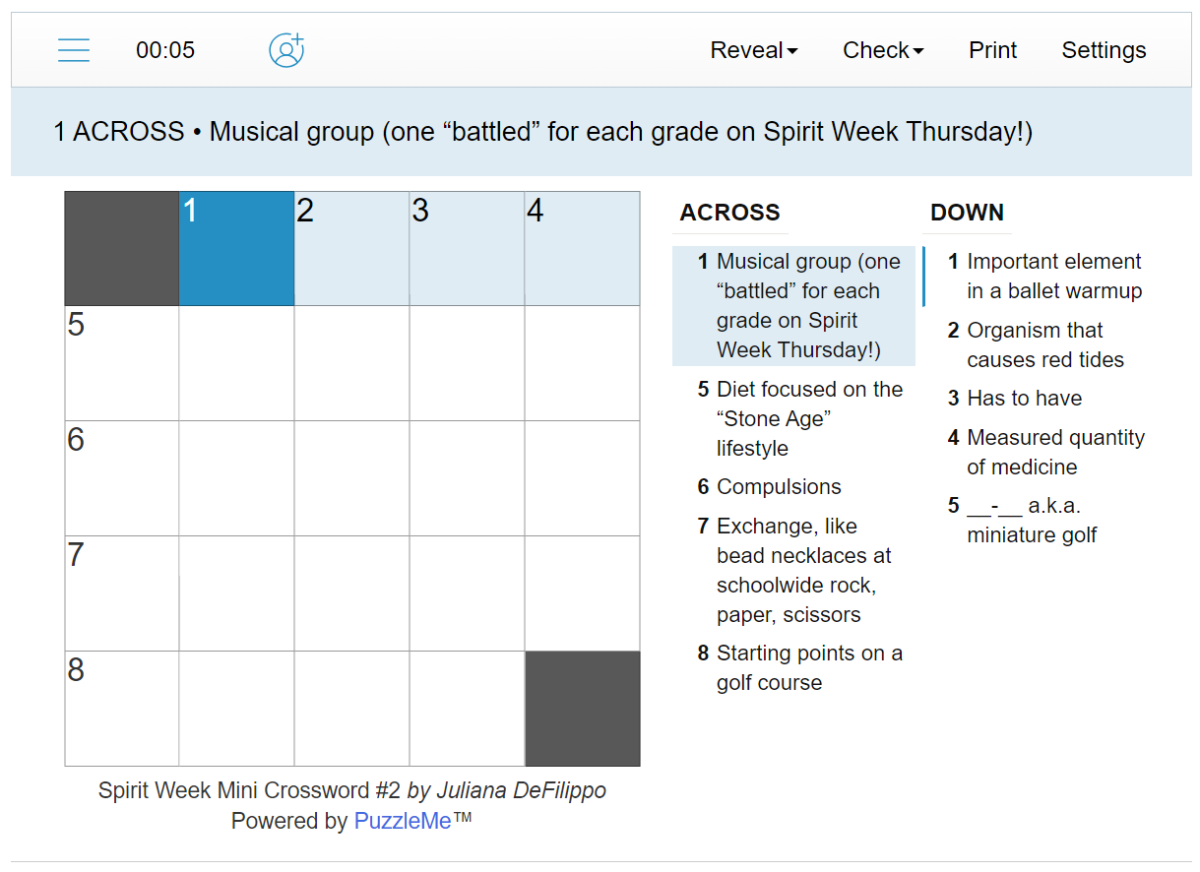
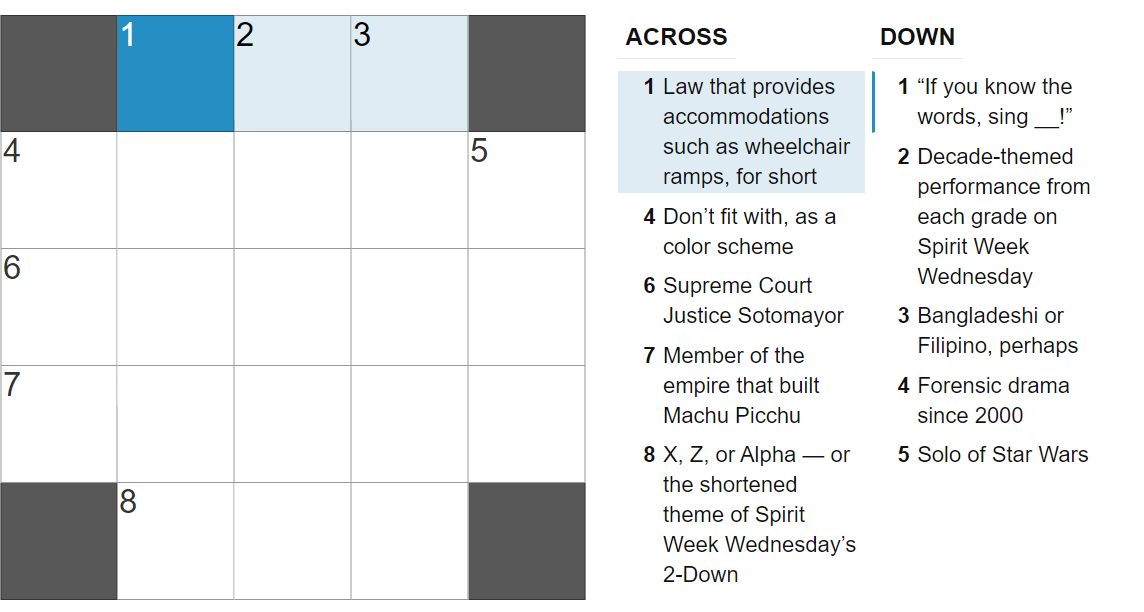

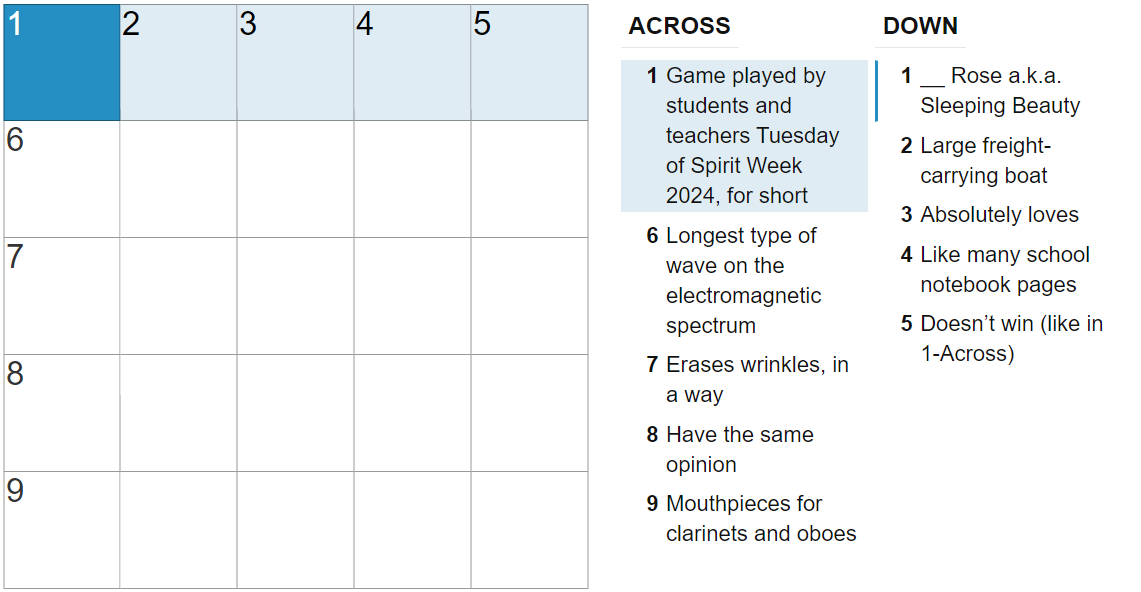

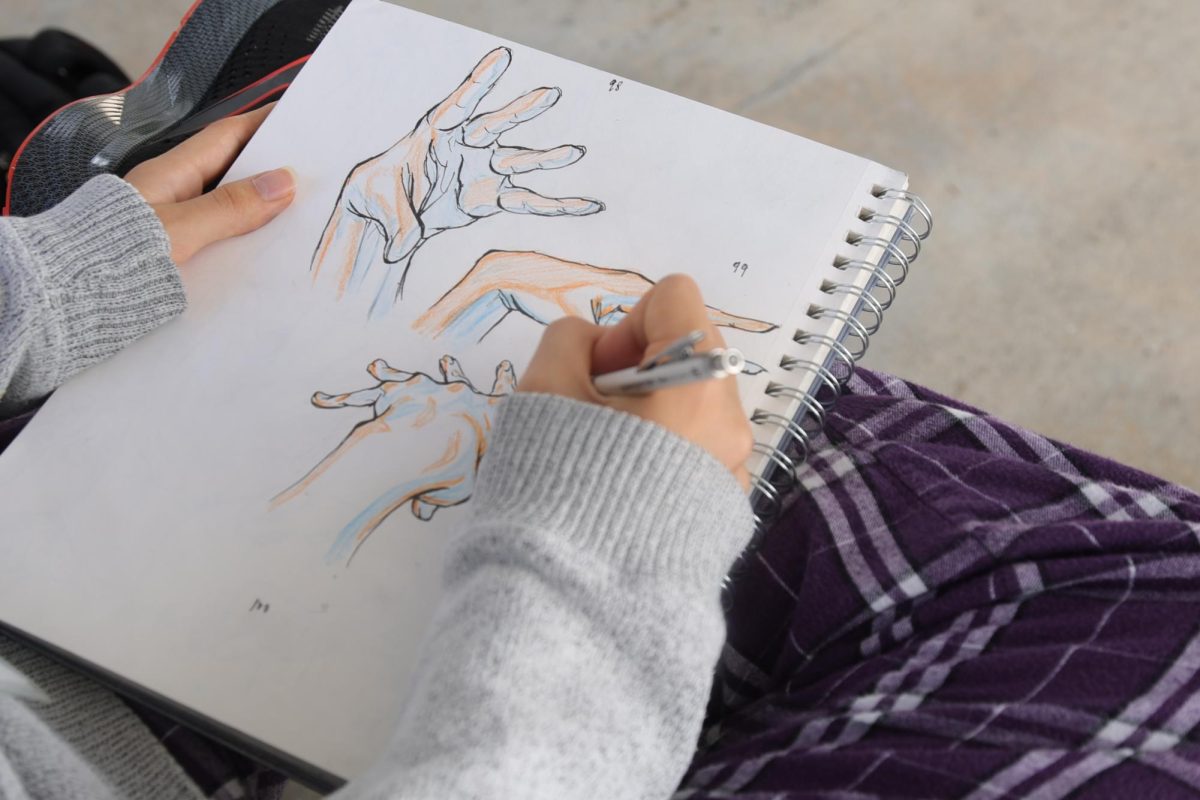


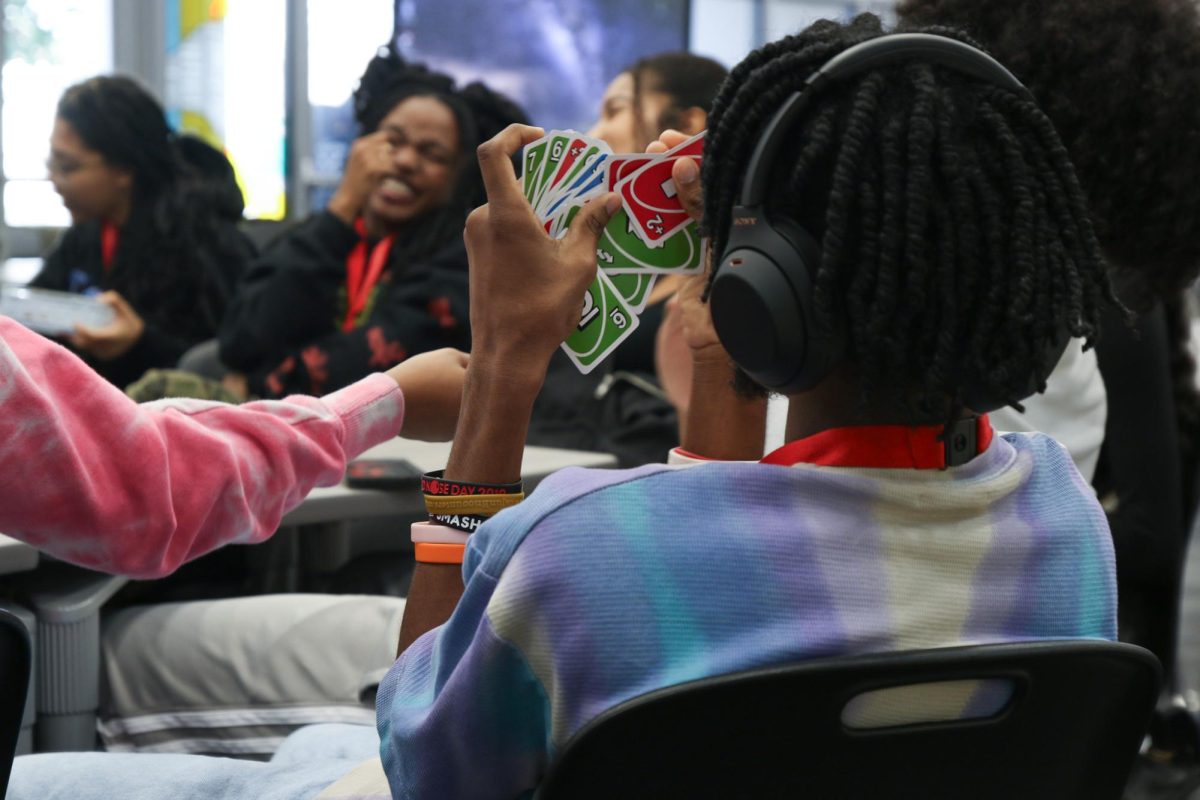


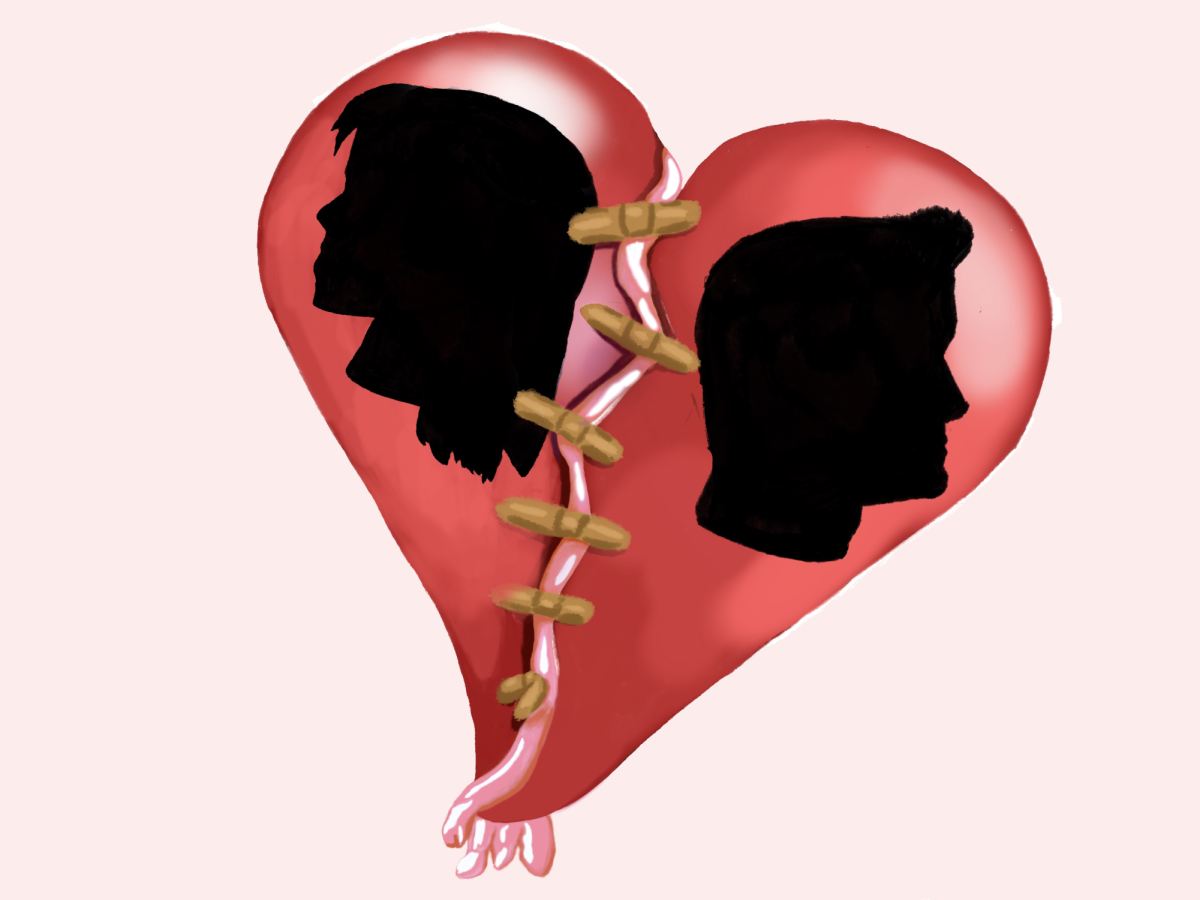
![[BRIEF] Class of 2024 Top 20](https://www.themuseatdreyfoos.com/wp-content/uploads/2023/10/breaking-news-1200x927.png)

